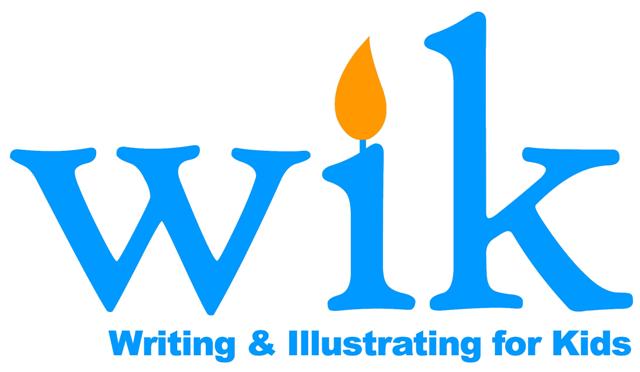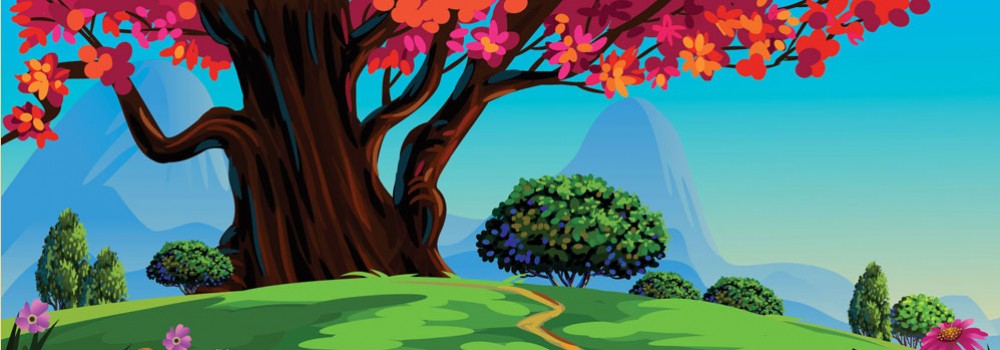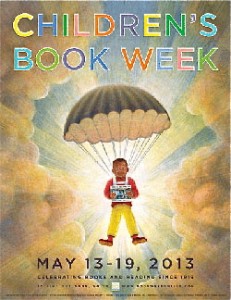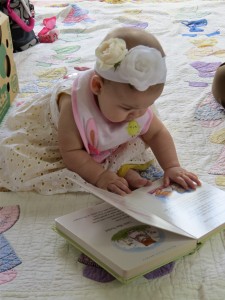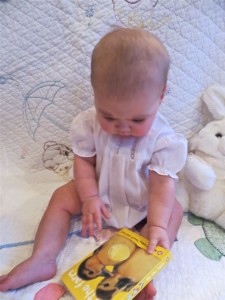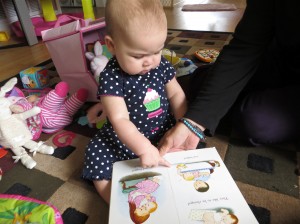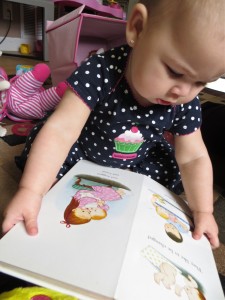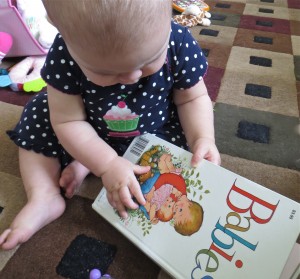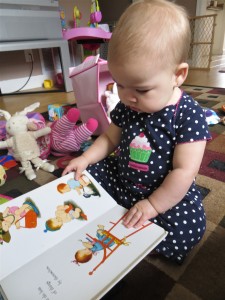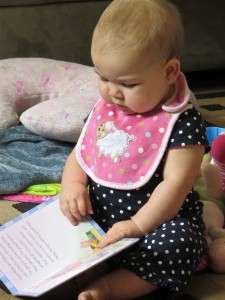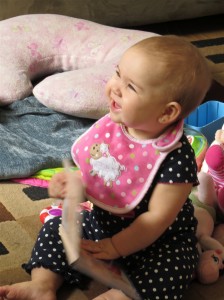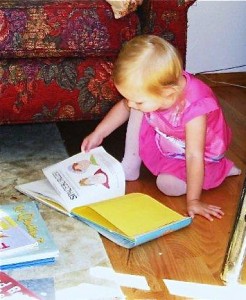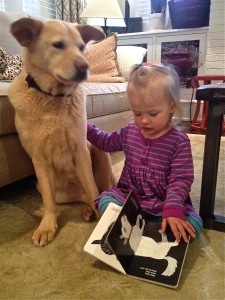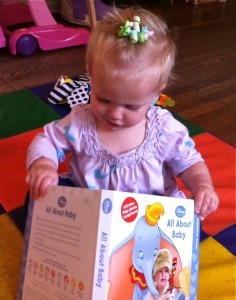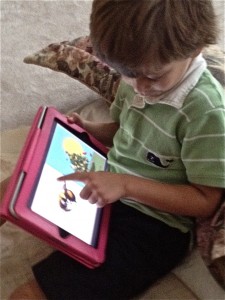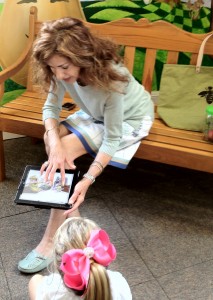It’s such a pleasure for me to introduce Jodi Wheeler-Toppen, the science teacher I wish everyone could have! You’ll understand when you meet her at WIK12 where she will be on the faculty sharing her love of teaching and writing. Go HERE to make plans to attend.
Don’t forget to ask Jodi about rockets, explosions, gushers, shooters and blobs – or you could just go to her website, www.onceuponascience book.com and read about her books. Our conversation is a preview of the excitement Jodi generates.
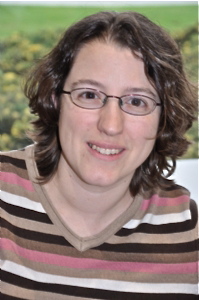
Jodi Wheeler-Toppen
Jodi, when did you first become fascinated with all things “science?” What area(s) of science were most compelling for you?
You know, it’s funny. I didn’t even like science until high school biology. I think I hadn’t had very good teachers. I only read fiction, and I went off to college planning on being an English major. Then I took a great zoology course my freshman year, and eventually even got fascinated with chemistry. I ended up a high school biology teacher, myself.
What sort of childhood did you have? Did you live in a city, the country, or what was your environment like?
I grew up in Savannah, Georgia, which is a great place to enjoy nature. My high school biology teacher passed on her love of the salt marshes, and all the wonderful life inside. I still long for that pungent, salty smell as I drive around Atlanta.
Besides your biology teacher, were there other adults, a family member, or particular books that had an influence upon you?
My high school biology teacher, Jacqueline Baker, was wonderful, but I also had a college professor, Larry Davenport, who helped me see how to join my interest in science with writing. He’s a botany professor at Samford University, and he also writes a nature column in the Alabama Heritage Magazine. He shared some of his columns in class, and they were excellent models for merging science and human interest. He’s also has a book out now, and I was touched that he sent me a copy when it came out.
You have said that you began writing nonfiction in college. Did you write in other genres earlier?
Yes, I started proclaiming a desire to be an author in elementary school. Of course, then I always assumed it would be fiction. I have done some fiction, and I had a fiction story published in Spider magazine a few years ago, but at some point I decided I wanted to focus on one thing and do it well. Science writing seemed like the logical place to settle. I don’t rule out doing more fiction later in life, but I’m passionate about this, and enjoy it.
I agree with you that kids need the “WOW!” factor when learning about science. How do you teach science teachers to help kids become excited about the natural world without realizing they are “learning?”
The biggest thing I push is to let kids have the hands-on experience first. Traditionally, teachers lecture or assign reading first, and then have the kids do a lab to “see what they were talking about.” It makes such a difference for kids to explore the actual stuff first, and then they are ready to learn all the vocabulary and principles afterwards.
Please talk a bit about your work with special needs students.
As a teacher, I just ended up as the go-to science teacher for placing a lot of the special needs students in my school. Later, working for the University of Georgia, they needed someone to teach a course for teachers titled, “Teaching Science to Students with Special Needs.” I volunteered to supplement my experience with more research, and took over the class. It was very fulfilling.
Do you feel that many students are generally unprepared in reading comprehension, or do you think that science literature presents special reading challenges?
Science reading is my area of research; I often do staff development with teachers on this topic, so I could go on and on about the reasons students struggle to read science. One huge problem I encounter when reading with students is that they don’t have the background knowledge that the text assumes. So the writer starts explaining something, but starts the explanation way ahead of what the reader knows, and the reader never has a chance to understand. Now that I’m in writing, I know a lot of times editors cut that crucial background information in the interest of word counts or keeping the writing energized. But it’s hard on struggling students.
Please share some of your favorite authors/titles.
I read a lot of preschool books with my children right now, and I recently came across a wonderful piece of non-fiction for preschoolers, MY GOOSE BETSY, by Trudy Braun. It managed to entice even my fiction-only daughter. I’m terribly jealous of Vicki Cobb’s work. I especially love her book, I FALL DOWN. I also love an old middle-grade novel that’s out of print now, WHERE THE RIVER BEGINS, by Patricia M. St. John. But, of course, my favorites change with whatever I’m reading.
If you could invite people from the scientific world, living or dead, to dinner, who would they be and why would they interest you?
Right now, I think it would have to be Michael Welland, the author of SAND: THE NEVER ENDING STORY. He’s a geologist who has poured his lifetime of studying sand into this densely-packed, beautifully written book. It’s truly a work of love. I mean, there just can’t be an enormous audience for a book on sand, so he wasn’t after fame and fortune! But he has mixed fascinating history tales and complex scientific discussions with some fabulous, literary-quality writing. It must have taken years to research and write, and I’d love to meet the man behind the passion.
***********************************
Thanks for your thoughts and words, Jodi! “Passion” is a great final word in our conversation, because that is what you convey in your pursuit of science, and that is what you are inspiring in your students who will need to understand the world they will inherit.
Meet more of the wik12 faculty by following their blog tour!
Aug. 15 Sharon Pegram at Writers and Wannabes (http://www.writersandwannabes.com/)
Aug. 16 Sarah Campbell at Alison Hertz’s blog, On My Mind (http://www.AlisonHertz.blogspot.com/)
Aug. 17 F.T. Bradley at Laura Golden’s blog (http://authorlauragolden.com/blog/)
Aug. 20 Chuck Galey at Elizabeth Dulemba’s blog (http://dulemba.blogspot.com/)
Aug. 21 Jo Kittinger at Bonnie Herold’s blog, Tenacious Teller of Tales (http://tenacioustelleroftales.blogspot.com)
Aug. 22 Irene Latham at Robyn Hood Black’s blog, Read, Write, Howl (http://www.robynhoodblack.com/blog.htm)
Aug. 23 Vicky Alvear Shecter at S.R. Johannes’ blog (http://www.srjohannes.com/)
Aug. 24 Doraine Bennett at Cathy Hall’s blog (http://cathychall.wordpress.com/)
Aug. 27 Virginia Butler at Bonnie Herold’s blog, Tenacious Teller of Tales (http://tenacioustelleroftales.blogspot.com)
Aug. 28 Jodi Wheeler-Toppen at Diane Sherrouse’s blog, The Reading Road (www.thereadingroad.com)
Aug. 29 Ellen Ruffin at Sarah Frances Hardy’s blog, Picture This (www.sfhardy.blogspot.com)
Aug. 30 Donna Jo Napoli at Writers and Wannabes (http://www.writersandwannabes.com/)
